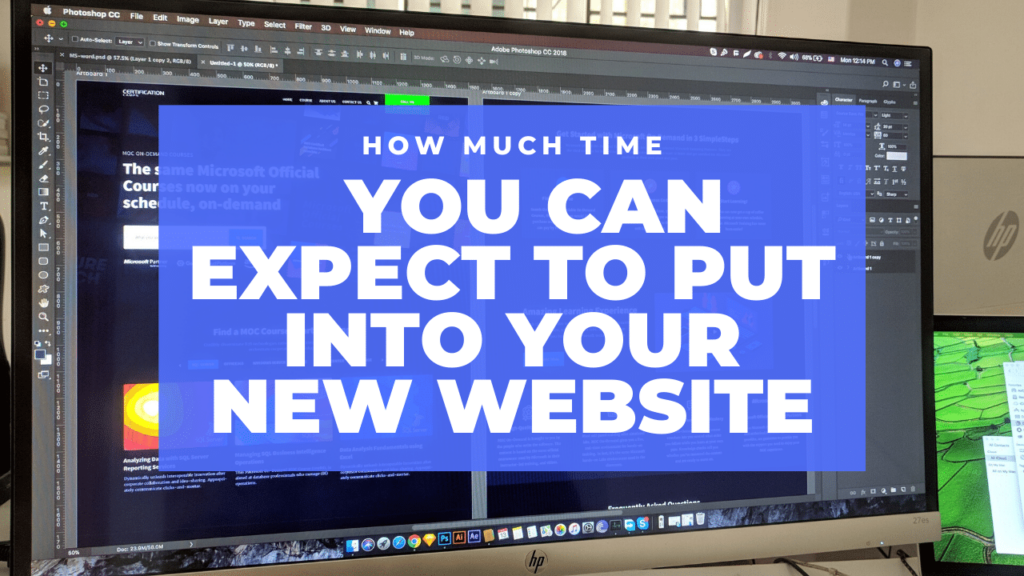An increasing number of businesses choose to hire freelancers over companies in completion of tasks from content development to accounting. The reasons are twofold: one is accessibility to a pool of super talents suitable for specific work required by businesses and the other is the flexibility offered by independent workers.
Rising Number of Freelancers
An independent study commissioned by the Freelancers Union and freelancing platform Upwork revealed that 35% of U.S. workers are freelancers. This year, there are 55 million freelancers, up from 53 million workers in 2014 or an increase of 0.9%. There is no doubt that the freelancing market is growing and the existence of digital technology makes it easy to connect freelancers, businesses or work anytime, anywhere.
Advantages to Independent Contractors
Freelancers are on the rise because of several reasons. While many might not have access to traditional full-time jobs and turn to freelancing, others become independent contractors because of the flexible hours. Balance of work and life is critical for them. They want to decide when and how much work to take on. Freelancers need the freedom to control and direct their careers and businesses as well as diversify/maximize their earning potential.
Working from home does give workers a better chance to design the ideal work environment and to concentrate on their work without the distractions of office culture. That freedom mixed with work deadlines means staff can take time off to attend doctor’s appointments or to take their children to school on time without disrupting work. It also cuts down on the financial, emotional, and mental toll of commuting to and from work everyday and allows them to prepare better meals at home.
Benefits to Business
As an employer, hiring a freelancer has many advantages. You have the possibility to source top-tier talents from all over the world that won’t cost you an arm and a leg, savings that you can plough back into the business. If it is just taking off, getting a talented freelancer can help you build the business without paying top dollar. Work can be done faster since both you and the freelancer have to agree on a specific time table and budget.
You will pay less rent or even dispense altogether with an office space and can even manage your business from home. What you will get is a motivated virtual worker with higher productivity because there is no stressful situation, energy-sapping commutes and even annoying office politics.
Disadvantages to Independent Contractors
Taking on work-from-home contracts can be liberating for many, but these jobs can be short term, constantly changing, or highly unstable. Contracts can often be cancelled without notice or compensation. With plenty of competition, the amount a contractor can charge is often squeezed until they can build a reputation for themselves.
Working remotely is not removed entirely from all the downsides of working in an office environment. There are still distractions created by social media and by intra-team chatting, there is still the potential for miscommunication and for work being delayed by other members who are less efficient. Furthermore, it is still possible to suffer from in-work bullying caused by demanding bosses or unpleasant co-workers. It is difficult to voice these problems in a remote environment; especially as remoteness often allows bullies to increase their behavior as they feel protected by distance. Lastly, work can bleed into normal out of work time causing problems at home with friends and family.
Disadvantages to Businesses
While the benefits vastly outweigh the negatives, it is worth noting that while businesses can save money and choose outsourced services more wisely, outsourcing can be unstable with high turnover rates. It can be difficult to find and keep good freelance workers who deliver on time, work with the right attitude, and who are able to handle your fluctuations in workload. Remember, many freelancers are balancing multiple clients at the same time.
Tracking Time
Using tools like Hubstaff, you can easily track your freelancer’s time spent working for you. You also get insight into what they are doing while billing you for time, through screenshots of activity levels. You can also check up on what URLs they are browsing while tracking time. This allows you to filter out which freelancers are wasting your time and money. We’ve had experience with this very problem. Using Hubstaff, we were alerted to the fact that one of our freelancers was wasting time watching YouTube videos when they claimed to have been working.
But it’s not all bad. It just keeps people honest. Depending on how satisfied you are with the work delivery and results, you might even think of building a long-term relationship with the freelancer. Access to a pool of talents and experts can give your business the competitive edge while maintaining low overhead costs.
Speaking of a pool of talent, check out Freelancer, where you post your project and get bids from freelancers within minutes. You also get real-time chat features, 24/7 support, time trackers, and mobile apps, plus you can pay for work safely and securely – only when you know you are 100% satisfied with the work provided. This takes the guesswork out of everything.
Another great site is Outsourcely, where you can hire reliable content writers, graphic designers and even virtual assistants remotely. You hire directly and pay no commission fees, which is perfect for a small business like yours.
The bottom line is that freelancers who work from home can pose big benefits for your growing business. As to freelancers themselves, whether working from home or on the go, it gives them the flexibility and freedom they seek at a price that is satisfying to both parties, making it a win-win relationship.



